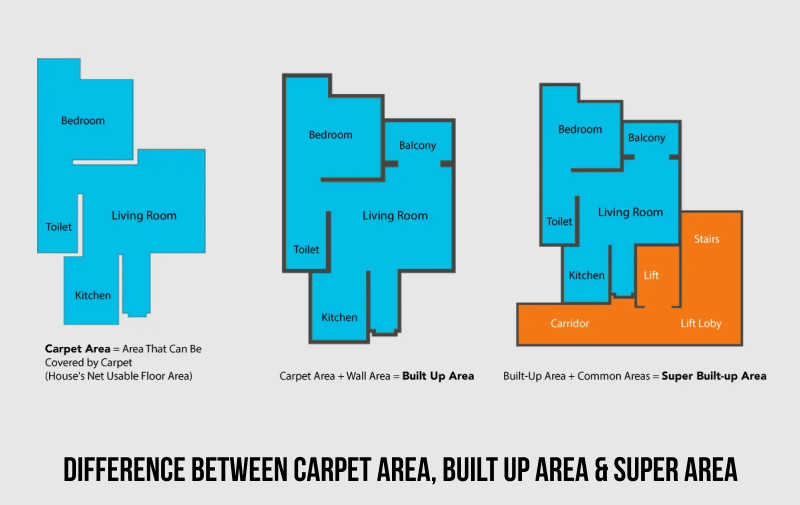How to buy property through bank auctions?
 Property through bank auctions
Property through bank auctions
People mortgage their properties with banks to avail loans. The banks have the right to recover the mortgaged properties from a defaulted borrower. The recovered properties are sold subsequently sold by bank through auction. The bank thus recover the dues and if there is any excess realised through the auction, then it is handed over to the defaulter.
How can you buy auctioned property?
Public notification of the auction is displayed on the bank’s website and on newspaper. The public notice contains details of the property like reserve price (minimum price at which bidding will start), Earnest Money Deposit (EMD), date of inspection, time and place of auction, time and place for collecting the ‘tender form’, last date for submission of tender form, etc.
The auction will be conducted by an authorized officer. Nowadays, e-auctions are becoming popular, as well.
If you are interested to buy a property being notified by the bank, then first you have to identify the property and submit your tender along with 10% of EMD. On the day of the auction, if you happen to be the highest bidder, then the property will be allotted to you.
After the allotment of the property, you need to deposit 25% of the property price and the rest of the price is to be deposited within 15 days or 30 days. After the money is deposited, you will be entitled for property registration in your name.
Important things to know while buying auctioned property
Always check the Recovery Certificate of the property issued by the presiding officer of DRT (debt recovery tribunal). The certificate is issued to the recovery officer of the jurisdiction of the property with concerned bank.
After you pay 25% of the property on the day of auction, make sure you pay the remaining 75% within 15 days or 30 days, as specified in the notice. If you fail to do so, the previously deposited amount will be forfeited and you will not be entitled to own the property.
Be sure that you collect the original title deed of the property of the previous owner form the bank while registering the property on your name. Also, obtain an undertaking from bank which would ensure that bank will be bound to pay huge penalty if you do not get possession. Sometimes, the previous owner may challenge bank for wrong proceedings and the sale could get cancelled. In that case, the undertaking could shield from incurring losses.
Advantage of buying auctioned property
The biggest advantage of buying an auctioned property is that you may get a property at a substantial discount as compared to the prevailing market price. The discount is available as the bank wants to sell off the property as quickly as possible. The motivation on the part of the bank is that they want to recover the dues, which are lower than the property price.
Disadvantages of buying auctioned property
You have to arrange the money to close the deal within a short time (usually 15 days). Even if you plan to buy the property by getting a loan from bank, you have to ensure that you avail the loan before the auction takes place.
The defaulter may pay the money he/she owes to the bank before the auction takes place, in which case the transaction will get cancelled. The defaulter may approach Debt Tribunal, opposing the auction and the case may get stuck up for a long time. The transaction may get cancelled if the bank loses out the case.
The auction takes place on ‘as-is-where is’, ‘as-is what-is’ basis; which implies that any expenses on any repairs, renovation, unpaid property taxes, electricity dues and statutory liabilities will have to be borne by the buyer.
Related Legal Articles:
Tips for NRIs to transfer title of inherited property
Guidelines on how to lease out a house
Builders cannot charge Transfer fees
Image courtesy of sscreations at FreeDigitalPhotos.net








